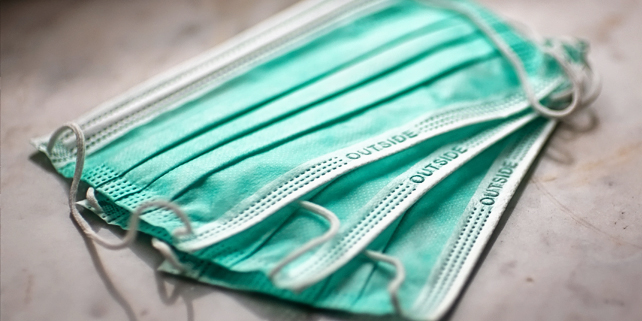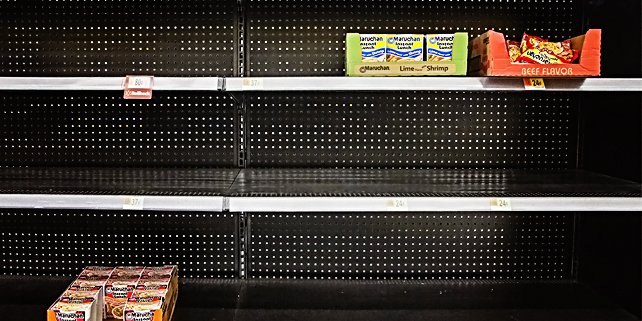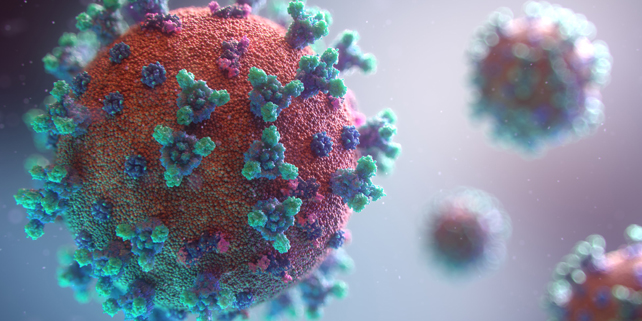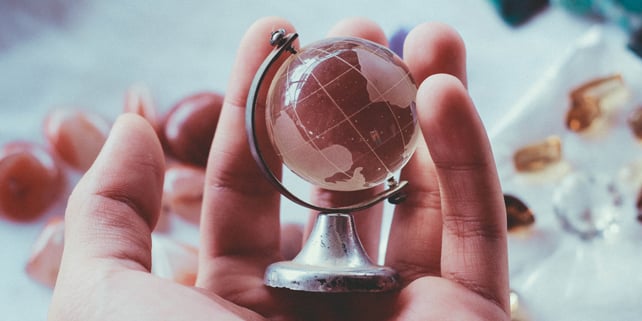During a recent conversation with a patent examiner an interesting consequence of the COVID-19 outbreak came to light. Many applicants have taken advantage of the extensions afforded by the USPTO in relation to many patent and trademark deadlines and the waiver of associated..
Nestlé Seeks Permanent Injunction Against Unauthorized “Gray-Goods”
Food and beverage giant Nestlé has filed a trademark infringement suit in Texas, seeking a permanent injunction against Mexican distributor Ultra Distribuciones Mundiales SA de CV for selling unauthorized––but authentic––Nestlé products in the United States.
Tattoo Artists’ Copyright Claim Fades
Video game makers can’t be sued for copyright infringement when they recreate tattoos on famous athletes’ virtual avatars.
Fortress Backs Off Its Covid-19 Patent Suit
Stung by its involvement in what has been referred to as the “Lollapalooza of patent trolling,” Fortress Investment Group, LLC has announced it is offering royalty-free licenses for its patents involved in COVID-19 diagnostics research.
North Carolina gets its Revenge
It’s official: states cannot be held liable for copyright infringement, as long as they don’t abuse the privilege.
Judge Tells TM Litigants to "Knock It Off"
A five-year trademark dispute hit a brick wall last week, when a federal judge in New Jersey ordered two trademark litigants to just settle the thing already.
Israel Infringes Drug Patents To Fight Covid-19
Facing a drug shortage against the novel coronavirus, Israel has begun importing generic drugs that infringe on the branded drug Kaletra, an antiviral therapy developed to treat HIV.
Crackpots Apply for Coronavirus Trademarks
“Covfefe.” “Philly Special.” “Boston Strong.” “Covid Kids?”
Letter To Our Clients RE: Coronavirus
The coronavirus is having an impact all over the world. In order to ensure the safest conditions for our clients and our team, we have made the decision to suspend operation of our downtown Des Moines office for the time being.
Trademark Office Clarifies U.S. Attorney Requirement
Last month the U.S. Trademark Office removed any ambiguity that may have existed with its new rule that requires foreign entities to use U.S. attorneys when working with the Trademark Office.











